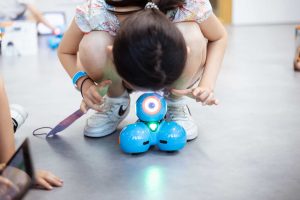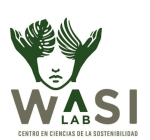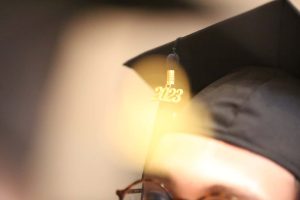Éducation
Apprendre autrement, à tout âge
Le pôle Éducation crée et transforme des programmes et des pratiques pédagogiques, à l’échelle individuelle ou collective, pour permettre d’apprendre autrement, à l’intérieur et en dehors des institutions académiques.
Basés sur l’interdisciplinarité et la recherche, ses programmes sont conçus pour avoir un impact à la fois individuel et collectif, local et global.
Ainsi, ils participent à la construction d’une société apprenante pour un monde plus durable.
Le pôle Éducation engage les personnes dans une démarche et un parcours apprenants à tous les âges de la vie (jeunesse, enseignement pré- et post-baccalauréat, formations exécutives).

Nos dernières actualités Éducation
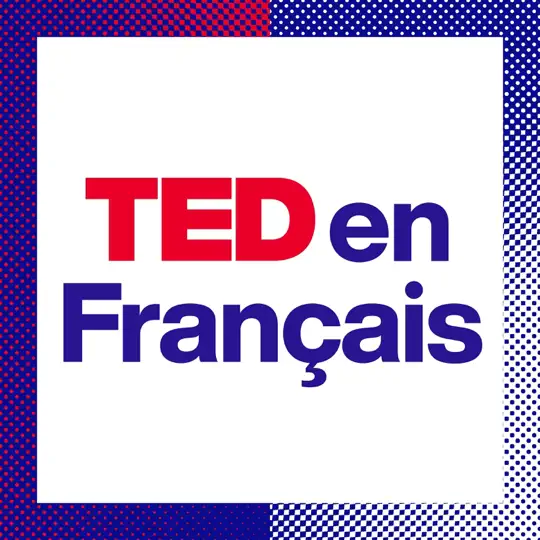
TED – Former des “planetizens”
L’impact de l’intelligence artificielle dans l’éducation, non pas comme substitut, mais comme partenaire cognitif
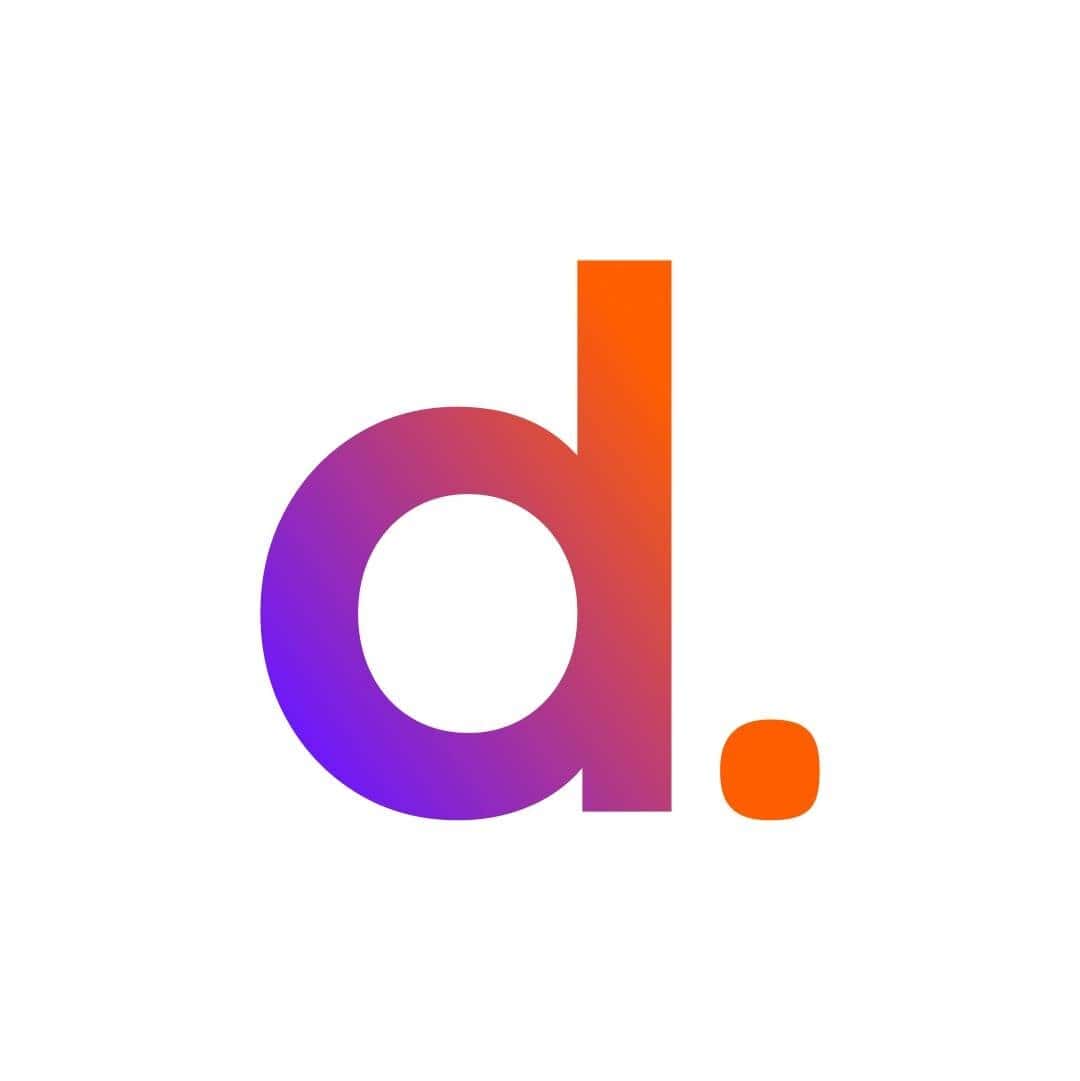
Diplomeo – Développement durable, transitions : 5 conseils pour te lancer vers un métier à impact
« Les métiers à impact supposent de se lancer dans quelque chose de nouveau, qui n’existait pas forcément il y a 10 ans », commente François Taddei. Pour le chercheur en sciences de l’éducation, ces professions répondent à différents types de transitions simultanées.

Educavox – Penser l’Université à l’heure des machines pensantes
Alors que la rentrée universitaire et scolaire approche, ChatGPT et les outils d’IA générative bouleversent les bancs des universités.

France Inter – Comment enseigner à l’heure de l’IA ?
Enseignants, élèves, parents, comment s’adapter à l’usage de l’intelligence artificielle ? Quel est son impact sur l’éducation ? Faut-il repenser les méthodes d’apprentissage et d’évaluation ? L’IA peut-elle combler les inégalités à l’école ou bien au contraire creuser le fossé ?

News Tank – IA dans le supérieur : des consortiums d’établissements naissants, une stratégie ministérielle attendue
IA dans le supérieur : des consortiums d’établissements naissants, une stratégie ministérielle attendue.
À et hors l’école
Au sein du pôle Éducation, la direction Jeunesse élabore des méthodologies d’apprentissage et des ingénieries pédagogiques dès la petite enfance et tout au long de la vie.
Ces programmes et projets sont destinés à accompagner et soutenir les professionnels de l’éducation : enseignants, animateurs pédagogiques, etc.

La direction Jeunesse en chiffres
2013 - 2024
2023 - 2024
Nos projets Jeunesse

Bâtisseurs de Possibles
Dispositif pédagogique clé-en-main pour des projets interdisciplinaires et citoyens, destiné aux professionnels de l’Éducation et aux élèves.


Grigny : "laboratoire" de la réussite éducative
Avec la Cité éducative de Grigny, les jeunes et les acteurs locaux, nous voulons relever les nombreux défis du Territoire en produisant, ensemble, des innovations pédagogiques.

Les Héros Discrets de l’Éducation
Valoriser les métiers de l’animation et de la petite enfance à travers des programmes de formations innovants.
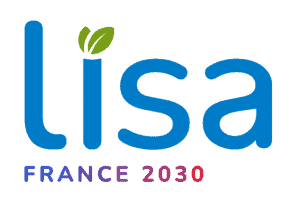
LISA France 2030
Mieux comprendre, repérer et collaborer, afin de mieux accompagner le bien-être et la santé mentale des élèves. Favoriser leur épanouissement avec un impact sur le bien-être, le climat scolaire et les apprentissages.
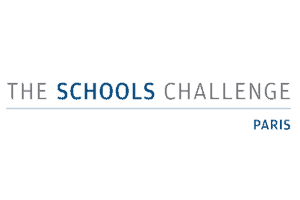
The Schools Challenge
Projet de mentorat pour développer l’intérêt d’élèves de 3ème de Seine-Saint-Denis pour le développement durable, les sciences et la gestion de projet.

Droits de l'enfant
Intérêt supérieur de l’enfant, droit d’expression, droit à l’éducation… La question des droits de l’enfant est au cœur de nos réflexions et de nos projets jeunesse.

Avenir(s)
Construire son parcours d’orientation et faire des choix pour son avenir est une préoccupation majeure pour tous les jeunes, du collège jusqu’à l’entrée dans le monde professionnel.
Avenir(s), porté par l’Onisep, est un programme national dont le but est d’accompagner les jeunes (élèves, étudiants, apprentis) dans le développement de leurs compétences et la construction de leurs projets d’avenir, et de faciliter l’accompagnement par les équipes éducatives.
Le Learning Planet Institute accompagne l’Onisep dans la démarche d’évaluation d’impact du programme. Grâce à une enquête auprès des élèves, des enseignants, des chefs d’établissement et des psychologues de l’Éducation Nationale, nous recueillons les besoins des bénéficiaires et identifions les critères d’évaluation pertinents.
Nos dernières actualités Jeunesse

BFM Business – Learning Planet Institute : Apprendre autrement
Interview de François Taddei dans l’émission « Check-up Santé »

Communiqué – Le programme LISA France 2030 intensifie son déploiement en faveur de la santé mentale des jeunes
Face au mal-être et aux difficultés scolaires des enfants et des adolescents, les enseignants sont à la recherche de solutions efficaces. Le programme LISA France 2030, soutenu par l’Etat, leur propose, à travers sa plateforme numérique, des réponses concrètes.

Sqool TV – Le projet Bâtisseurs de Récits
La chronique « Cours particulier » de Marie Ollivier, dans l’émission « La Quotidienne » de SQOOL TV, sur Bâtisseurs
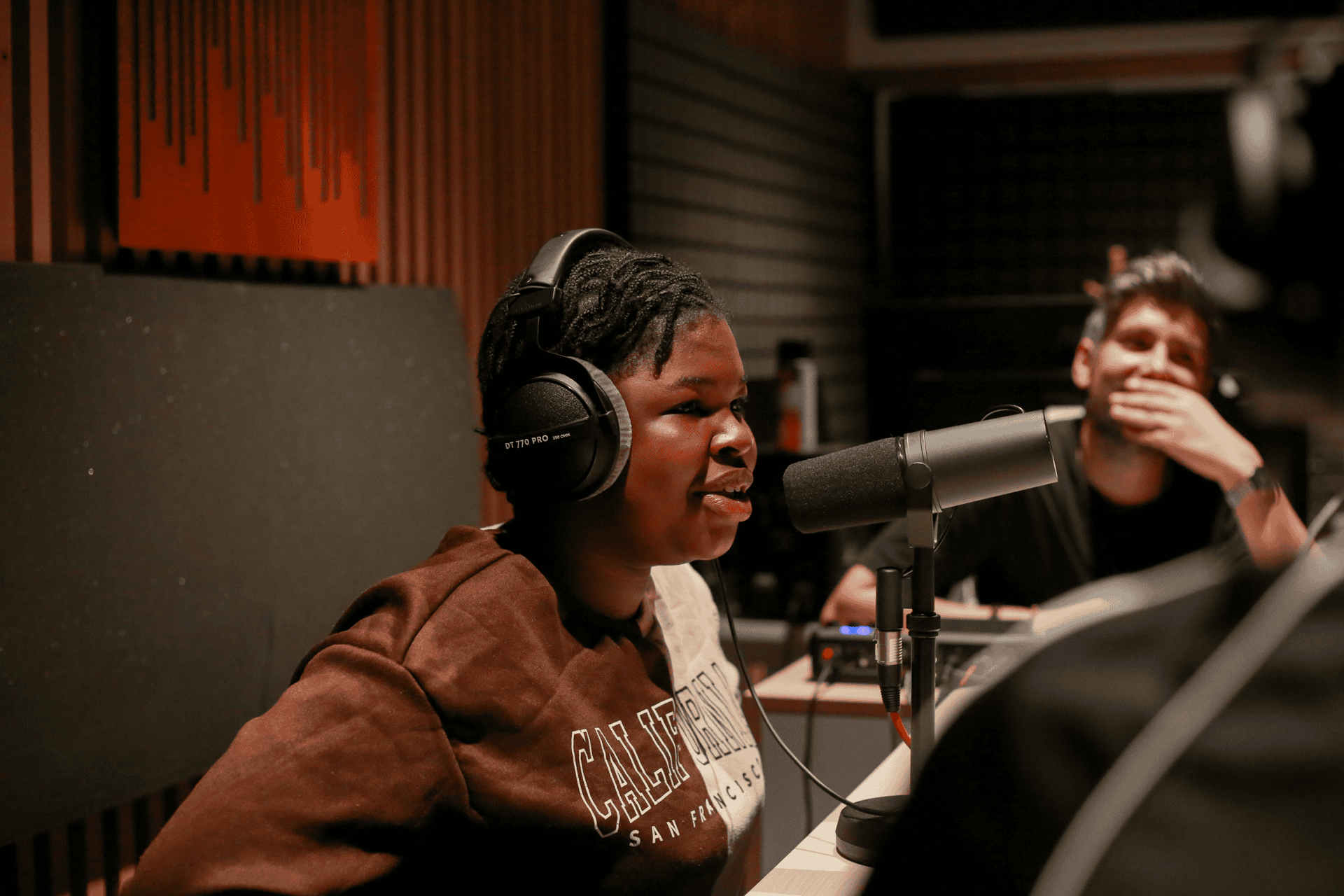
Bâtisseurs de Récits, quand les histoires des jeunes de Grigny rencontrent les parcours des champions
Le projet Bâtisseurs de Récits a permis à des jeunes de Grigny de raconter leur propre histoire et de rencontrer des champions olympiques et paralympiques pour les interviewer.

Le Républicain – Une ville innovante au service de la jeunesse
A l’occasion de la Journée Mondiale de l’Enfance et du centenaire de la Déclaration de Genève des Droits de l’Enfant de 1924, le Learning Planet Institute et la Ville de Grigny ont souhaité faire entendre la voix de la Jeunesse.
Enseignement supérieur
Au sein du pôle Éducation, la direction enseignement supérieur déploie les parcours universitaires, de la licence à l’école doctorale.
Les diplômes sont interdisciplinaires (des sciences du vivant aux sciences sociales) et ancrés dans le monde de la recherche. Les connaissances des étudiants sont rendues concrètes par l’intégration de nouvelles méthodes d’apprentissage : par les pairs, par projets, par la recherche, par le prototypage d’outils et par la co-construction des programmes.
L’interdisciplinarité et l’exploration de nouvelles manières d’apprendre donnent aux étudiants les outils nécessaires pour agir de manière systémique et répondre aux Objectifs de Développement Durable (ODD), fil rouge de leur formation.
L'Enseignement supérieur en chiffres
2023 - 2024
Programmes académiques
L’École Universitaire de Recherche Interdisciplinaire de Paris (EURIP)
L’École Universitaire de Recherche Interdisciplinaire de Paris (EURIP) regroupe le Master AIRE et l’École Doctorale FIRE. EURIP accueille des étudiants en master, des doctorants et de jeunes chercheurs souhaitant relever les défis mondiaux liés à la durabilité et à la santé planétaire grâce à des approches innovantes et interdisciplinaires.
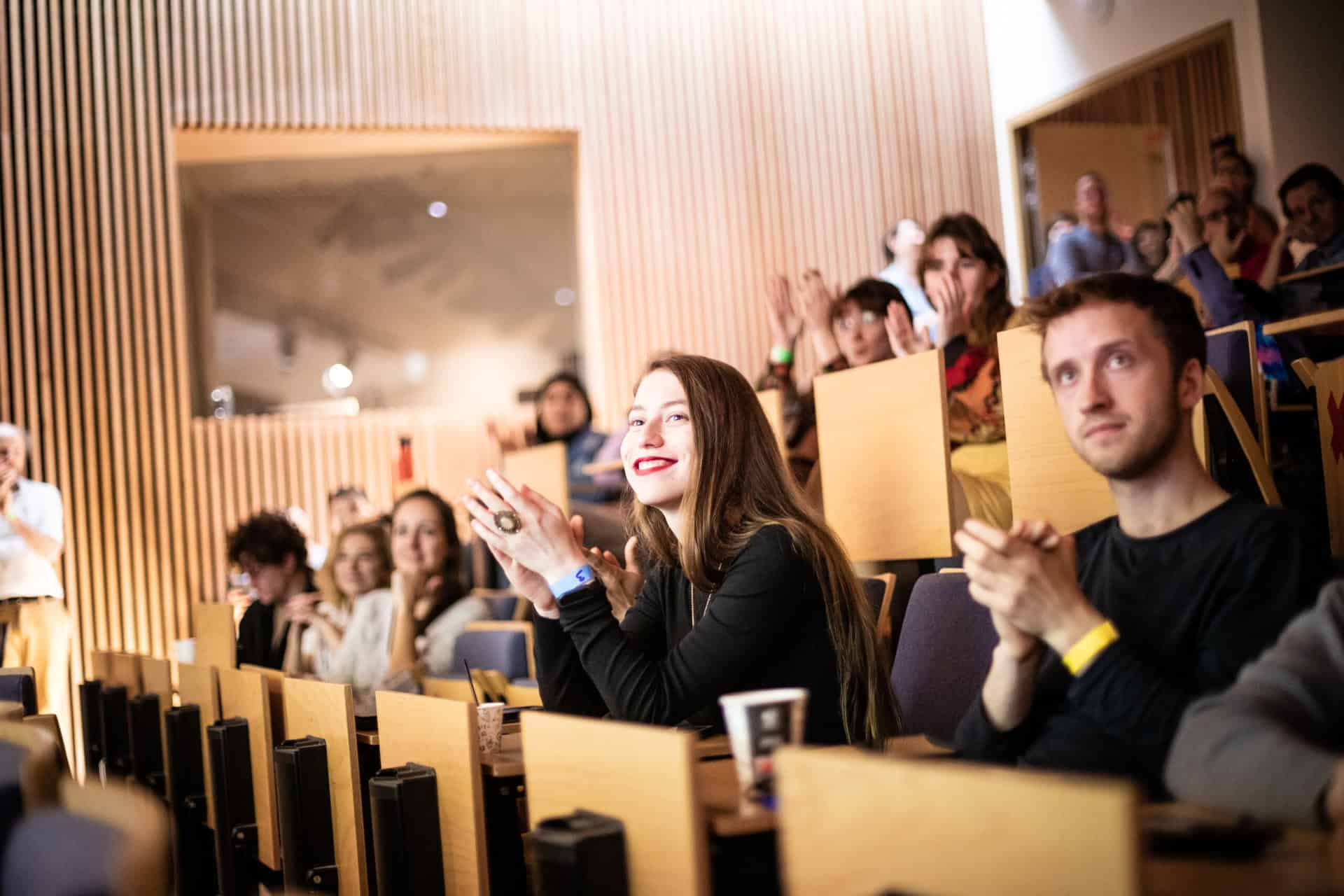
Autres activités
La SDG Summer School
Formation courte qui propose un apprentissage par projet pour répondre à des problèmes liés aux enjeux écologiques et sociaux.
Nos dernières actualités SDG Summer School

Communiqué – Co-construire un avenir durable et inclusif avec la Jeunesse
Depuis 2006, le Learning Planet Institute réinvente l’apprentissage pour bâtir des sociétés durables et inclusives, capables de relever les défis d’aujourd’hui et de demain.

Communiqué – Actualités et agenda de la rentrée 2024 à l’Institut
Le Learning Planet Institute est heureux de dévoiler son programme de rentrée 2024, élaboré de manière transversale autour de ses cinq pôles d’activités.

Campus Matin – Les défis environnementaux et sociétaux inspirent l’innovation à la summer school du LPI.
Depuis 2016, le Learning planet institute organise chaque été, une summer school à destination d’étudiants internationaux. Son objectif ? Trouver des réponses à des problématiques concrètes, en lien avec les objectifs de développement durable.
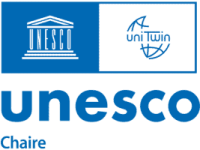
"Sciences de l'apprendre"
Cette Chaire UNESCO associe recherche, pédagogie et technologie pour accompagner enseignants, chercheurs, équipes et collectifs d’acteurs à construire une société apprenante pour un monde plus durable.
Le WasiLab
l’Institut accompagne l’Université pontificale catholique de l’Équateur (PUCE) dans le cadre du projet WasiLab, un pilier de son programme de transformation écologique, afin de favoriser l’émergence de projets durables et innovants.
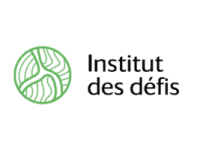
L'Institut des Défis
Co-fondé en 2020 avec Université Paris Cité, l’Institut des Défis (IDD) conçoit de nouveaux enseignements et imagine des approches pédagogiques pour favoriser l’engagement collectif au service des enjeux environnementaux et sociétaux.

LP Studios
LP Studios est le service audiovisuel de l’Institut : nous mettons la création de contenus au service d’une éducation innovatrice et d’un avenir durable.
De l’idéation à la post-production, LP Studios façonne votre récit !
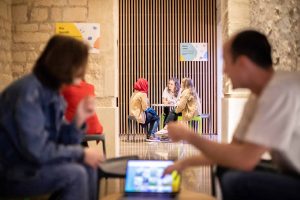
Vie étudiante
5 000 m² au coeur de Paris pour échanger et collaborer sur des projets collectifs et individuels, des clubs, des événements.
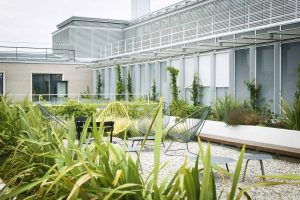
Campus durable
L’Institut s’attache à soutenir et promouvoir des actions de sensibilisation et le développement d’activités soutenables sur son campus, ainsi qu’à prendre soin de l’environnement et des personnes qui le fréquentent.
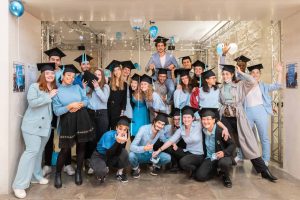
alumni
Le Learning Planet Institute compte plus de 2 000 alumni aux profils, parcours et nationalités variés.
Nos dernières actualités Enseignement supérieur
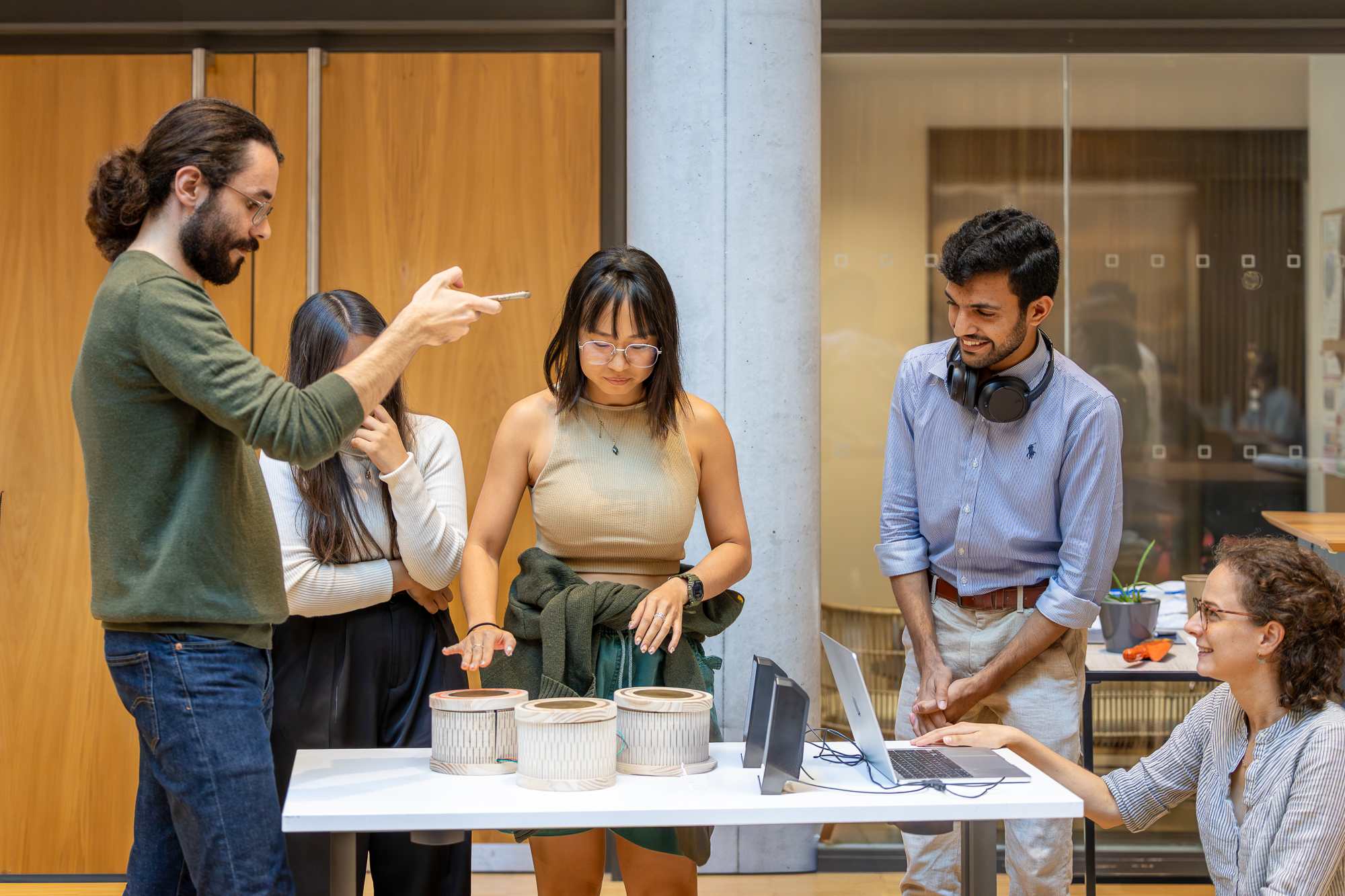
L’Éducation au Learning Planet Institute, un terreau fertile aux apprentissages de demain
Expérimenter de nouvelles approches pédagogiques pour construire une société apprenante et former les citoyens de demain. Rencontre avec Raphael Costambeys-Kempczynski, directeur de l’Éducation

TED – Former des “planetizens”
L’impact de l’intelligence artificielle dans l’éducation, non pas comme substitut, mais comme partenaire cognitif

Diplomeo – Développement durable, transitions : 5 conseils pour te lancer vers un métier à impact
« Les métiers à impact supposent de se lancer dans quelque chose de nouveau, qui n’existait pas forcément il y a 10 ans », commente François Taddei. Pour le chercheur en sciences de l’éducation, ces professions répondent à différents types de transitions simultanées.

Educavox – Penser l’Université à l’heure des machines pensantes
Alors que la rentrée universitaire et scolaire approche, ChatGPT et les outils d’IA générative bouleversent les bancs des universités.

France Inter – Comment enseigner à l’heure de l’IA ?
Enseignants, élèves, parents, comment s’adapter à l’usage de l’intelligence artificielle ? Quel est son impact sur l’éducation ? Faut-il repenser les méthodes d’apprentissage et d’évaluation ? L’IA peut-elle combler les inégalités à l’école ou bien au contraire creuser le fossé ?
Pouvoir d’apprendre, pouvoir d’agir : notre offre de formation
Notre offre de formation permet de se former et de s’adapter pour, face aux défis du 21ème siècle, mieux s’engager dans les Transitions, sociétales, environnementales, digitales.
Le Learning Planet Institute, associe recherche, pédagogie et technologie pour accompagner les personnes, les collectifs et les organisations à construire une société apprenante pour un monde plus durable.
Tous nos programmes de formation sont conçus en s’appuyant sur l’expérience de nos Master et École Doctorale interdisciplinaires, de notre Unité de Recherche sur l’apprentissage des transitions et de notre Alliance internationale.
Découvrez nos programmes de formation et devenez acteur d’une société apprenante !

Par ailleurs, notre pôle « Transformation des organisations » accompagne les individus, les organisations et les écosystèmes à développer leur capacité d’action et d’adaptation face aux transitions, actuelles et à venir.

